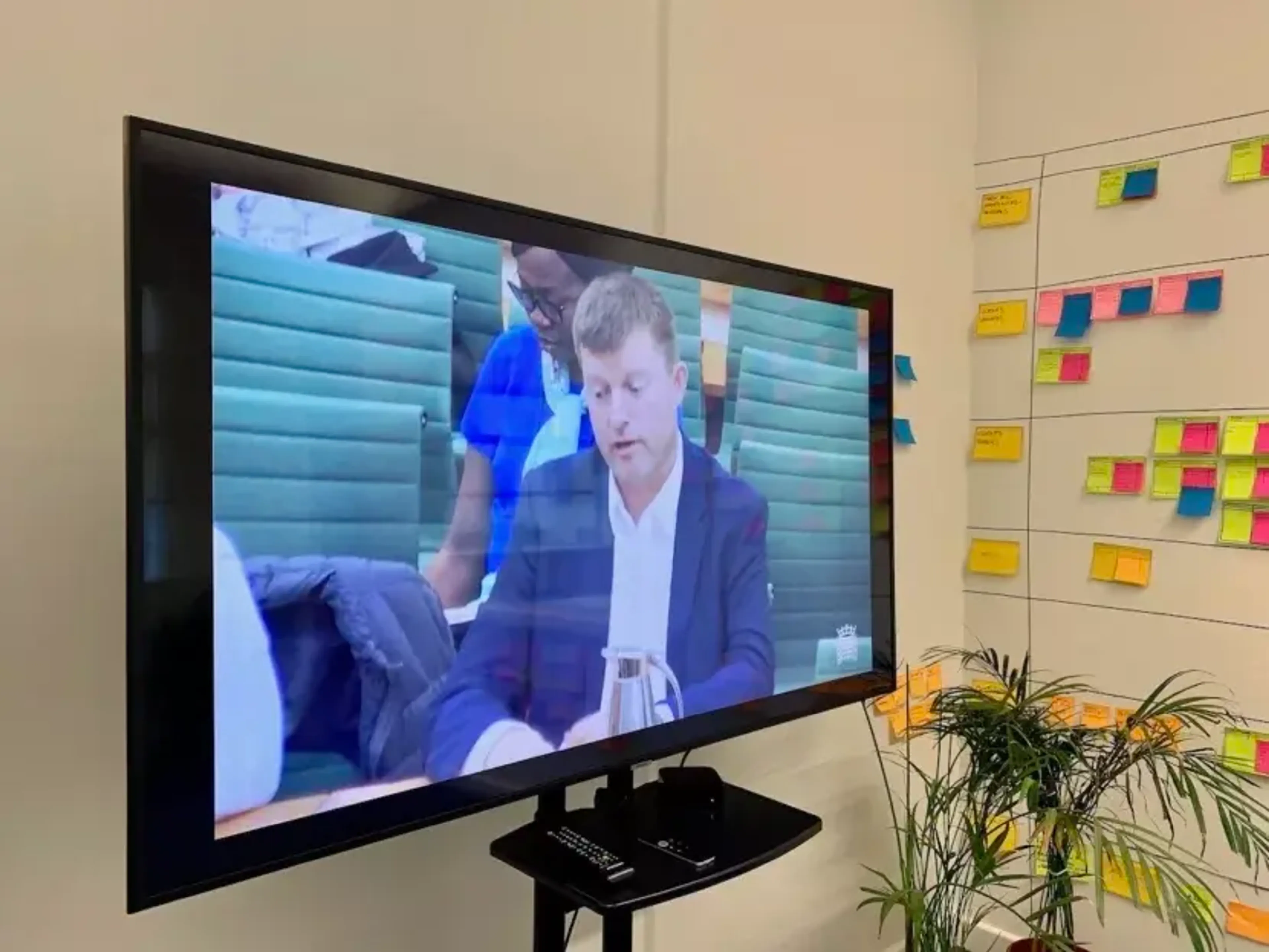
Tom Loosemore
Founder

This is riffing on a Twitter thread I started the other day, and echoes comments I made while appearing before the House of Commons Science and Technology Committee, which is conducting an inquiry into digital government.
When talking to friends from across Europe, I keep hearing them use the word “govtech”. It’s bothering me because they don’t all mean the same thing, all the time. I think that’s a problem.
Most people seem to be using “govtech” to refer to the world of commercial technology start-ups working for, or with, government departments to a greater or lesser degree. In my experience, they’re talking about one of two things:
The new Find a Job service on GOV.UK, powered by commercial partner Adzuna as of May 2018, is an example of the first of those. This is government buying technology to run its own universal public services better. All the data belongs to government, the service is universal, the commercial relationship is only with government, it’s universally accessible, the accountability is clear.
By contrast, I’d argue that the GP at Hand service, powered by Babylon, is targeted outsourcing, creaming off patients who are relatively easy and hence cheap to serve. (Arguably, this would leave the NHS with less money to serve the harder and more expensive cases.) Yes it’s government, and yes it involves technology, but the motivations and the outcomes are very different from the Find a Job service.
One govtech is not like the other; but they end up being lumped together.
I’m not suggesting people should stop using the word “govtech”.
But I am suggesting that the next time someone says it to you in a meeting or a presentation, you should challenge them on it. You should ask them to specify exactly what they mean.
Are they talking about something to help government make its services better?
Or something to replace government-run services with a private sector alternative?
I’m not saying that’s necessarily a bad thing, but let’s be clear what we mean.
A final parting thought: sometimes ‘govtech’ businesses cloak themselves with “free at the point of delivery” wrapping paper, but with a business model that seeks a monopoly to mine valuable public datasets from the likes of the NHS. This was one of the reasons my Public Digital partner Mike Bracken resigned as an Independent Reviewer of Google’s Deepmind subsidiary.

Founder